During my first ever trip abroad when I was still pretty much oblivious to the existence of guidebooks, I headed to
London with a friend and spent the subsequent two weeks binging on fast food because I had somehow got it into my head that ‘real’ restaurants in the English capital would instantly bust my budget.
In this way, I not only did something so extremely unhealthy that it caused me to gain 3 kilos within the said space of time, but I also missed out on that wonderfully varied thing which is the London food scene.
Four years later and a bit travel wiser, I returned to the capital armed with a compact guidebook from which weeks before, I had proceeded to carefully choose every single restaurant I would dine at, taking care to check each restaurant website to confirm that it would be suitable for my budget.
Did I take it too far? I cannot say, but all I know is that I had a number memorable and affordable dinners. And London was not the first time that I had gone to such lengths to prepare for my travels. By then, I had already been a guidebook addict for quite a few years.
Fast forward to the time when I moved to Zurich, Switzerland, to be with my Swiss partner. As I had become accustomed to doing every time I went to a new, unknown place, I promptly bought a guidebook, hoping that by reading it I would gain an insight into what the city was like.
” I was so affected by the book’s portrayal that for the following 10 months this idea of unremarkability stuck and colored the way I viewed my new home, until I met a passionate local who offered me a glimpse of the real Zurich…”
I remember finding the Zurich section in the book, discovering that it was a mere seven pages long and being thoroughly disappointed, because it left me with the impression that it was one of the most boring cities in the world. I was so affected by the book’s portrayal that for the following 10 months this idea of unremarkability stuck and colored the way I viewed my new home, until I met a passionate local who offered me a glimpse of the real Zurich, and then it seemed like I couldn’t stop discovering new things and new places.
In fact, I am still exploring and loving every minute of it. Following this change in perspective, I took a good look at the offending guidebook and noticed that not only was the author not based in Zurich, but he also contributed to quite a few other guidebooks, meaning that Switzerland was in no way his only area of expertise. I felt that this was the reason that so little attention had been given to Zurich. I also realized that many other guidebook authors, though of course not all, followed the same pattern.
“…not only was the author not based in Zurich…Switzerland was in no way his only area of expertise”
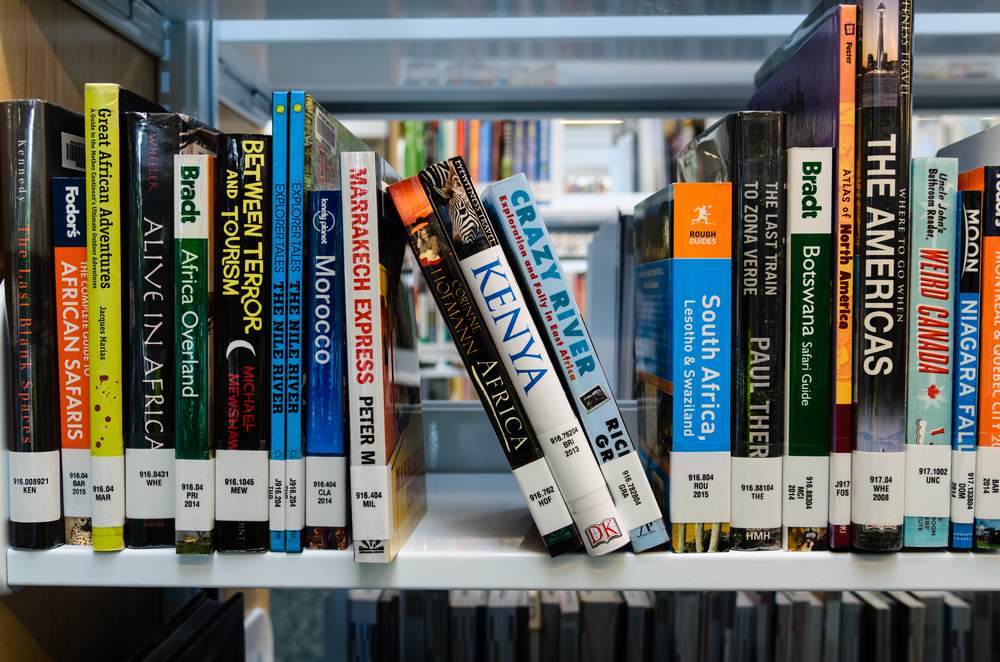
Was I too naive to blindly accept what I had read in that guidebook? Definitely. But here’s the thing. The guidebook as a travel tool had extended a false sense of security with its suggestion that it would let me in on the inside scoop of a destination, and its guarantee of having been thoroughly researched and written from a local point of view, and I, like many out there, had believed it.
“The guidebook as a travel tool had extended a false sense of security…”
After all guidebooks are convenient, but in an age when travel writers are being paid less to do more within a shorter period of time, this, unfortunately quality and accuracy can no longer be taken for granted. So, if you’re obsessed with planning, like me, but want to ditch the guidebook (or at least supplement it) and avoid being underwhelmed or overwhelmed by a destination, take a look at these eight alternative research resources.
Check out country and city websites
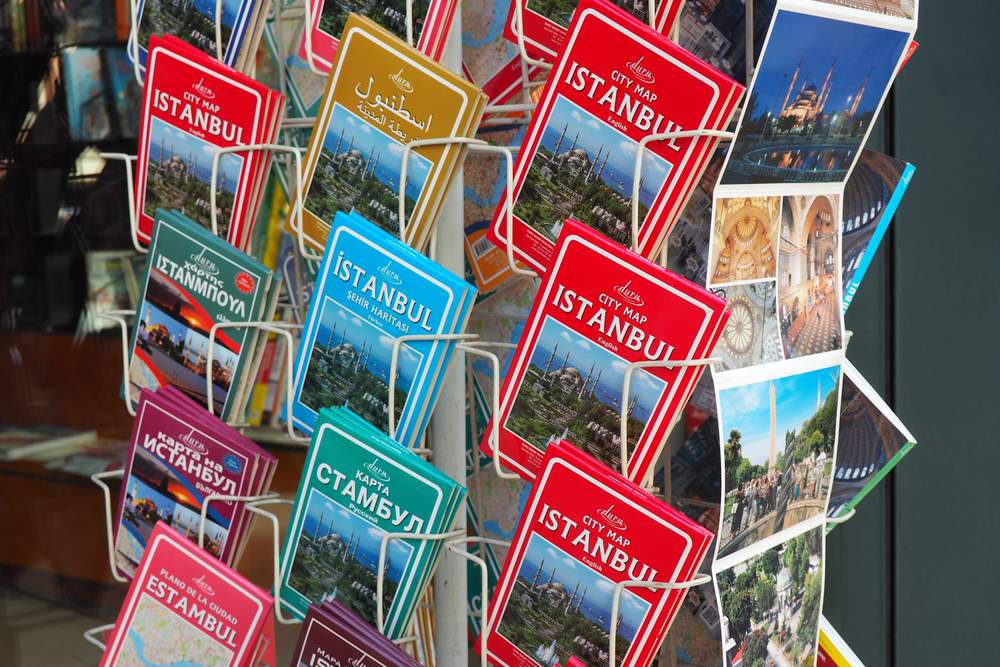
Practically every country and city of importance nowadays has its own website jam-packed full with information, tips, suggestions and ready-made itineraries which you can easily print out and use.
The advantage of these sites when compared to guidebooks is that while the latter are selective in what they include because of a pre-set word limit provided by the publisher, the former will generally include information about everything that is even mildly to be considered touristic – and this may also prove to be their disadvantage.
While you will find more comprehensive lists and information than in a standard guidebook, you might also come across attractions which are fiercely hyped but not really worth your time and money. Allow some time for a bit of extra research on the web and you will easily discover what you can or cannot live without.
Another useful thing to know is that the tourism websites of some countries, such as South Korea, also offer brochures, booklets and maps which you can order and receive directly to your doorstep free of charge or download to your computer.
Visit the local tourist office
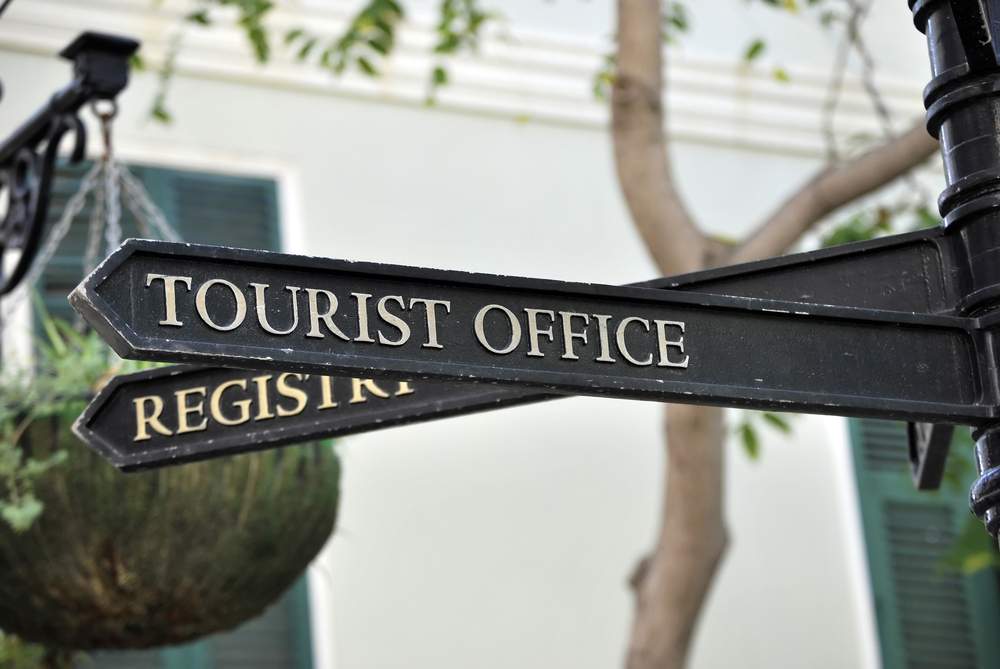
Always remember that every country welcomes tourist money and it’s in the government’s best interest to set up tourist information offices which efficiently and effectively help travelers. Also remember that any guidebook author will have, at some point or other during his research, visited these very same places and derived a part of the information for his book from them.
Tourist offices are great for booking last minute accommodation, finding up-to-date brochures of things to do, pointing you to special offers available at the time, and providing a place when you can ask questions and be answered by real, knowledgeable people – something which guidebooks of course cannot do.
“Tourist offices are great for booking last minute accommodation…”
Some offices go a step further by providing extra services – such as the Melbourne visitor centre which holds a
daily welcome walking tour free of charge – so it’s always good to pop in and have a look.
Explore Google Earth and other photo hosting sites
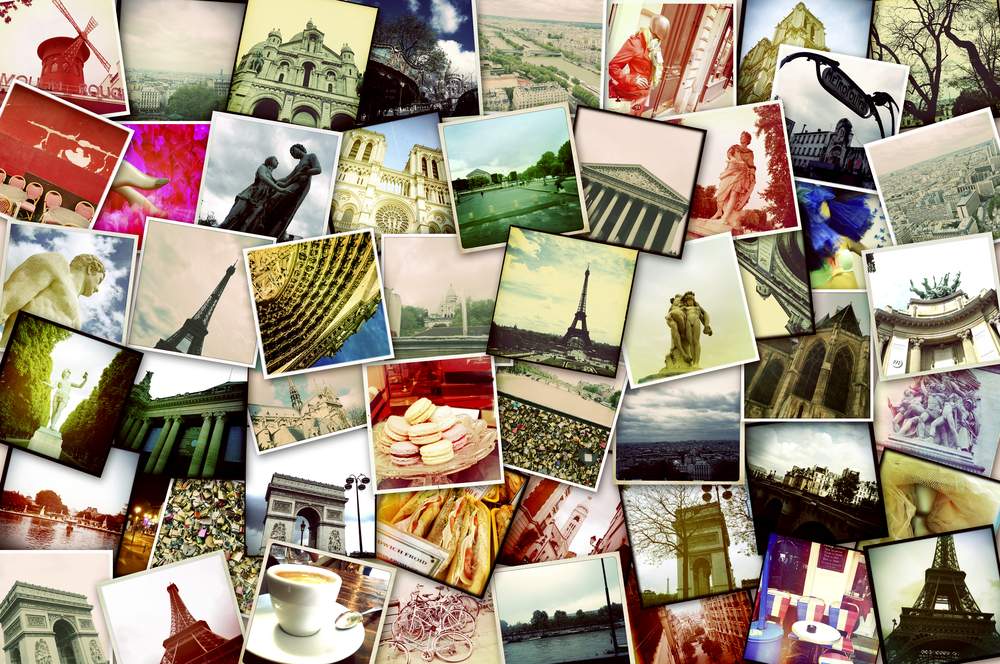
A common complaint which is often directed towards guidebooks is that they include few pictures and are mostly composed of a sea of words printed in a small font size, making it hard for the traveler to visualize the places which are mentioned. A further issue concerns the fact that in order for the guidebook to sell, those few pictures included are handpicked, edited, photo-shopped and made to portray a particular location as a paradise on earth, whether or not it is, in fact, so.
While these pictures are obviously beautiful to look at, the traveler who needs a more realistic image of the country he wants to visit needs only to download and access Google Earth, where millions of users have added and are still adding travel photos onto its interactive map.
“…the traveler who needs a more realistic image of the country he wants to visit needs only to download and access Google Earth.”
While these pictures vary in quality, they allow you to see truer representations of a location that include that non-picturesque crane just to the left, the crowds on a sandy beach you want to visit, the same which looked empty and idyllic in that guidebook photo, or the raw, unpolished side of that famed city quarter. Its spatial structure also helps you familiarize with the layout of the city and the distances between each spot of interest.
Added to this, considering the fact that digital cameras are cheap and every traveler seems to be unable to travel without one, photo hosting and sharing sites like flickr.com, keep mushrooming and thriving, giving you an endless supply of up-to-date travel shots.
Use travel blogs written by locals or expats

Not all guidebooks are written by locals or people who have lived and traveled in that particular country for a long period of time, and for this reason not all will have an equal depth or tuning to that which is local. Once again, there is an endless amount of travel sites and blogs written by locals which you can refer to if you want the freshest and most accurate information about your destination.
“Not all guidebooks are written by locals or people who have lived and traveled in that particular country for a long period of time…”
Spotted by locals is a great resource for travelers wishing to be in the know about obscure but great spots in many European cities such as Zurich, Amsterdam, Budapest and London and many, many more. Download their city guides right to your phone!
Add to this the thousands of blogs run by people who love their home country and want to share its beauty with the rest of the travel community and all those expats who routinely post blog updates about discoveries made in their new country of residence, and you have enough information to last you a lifetime.
Post questions and look for advice on travel forums
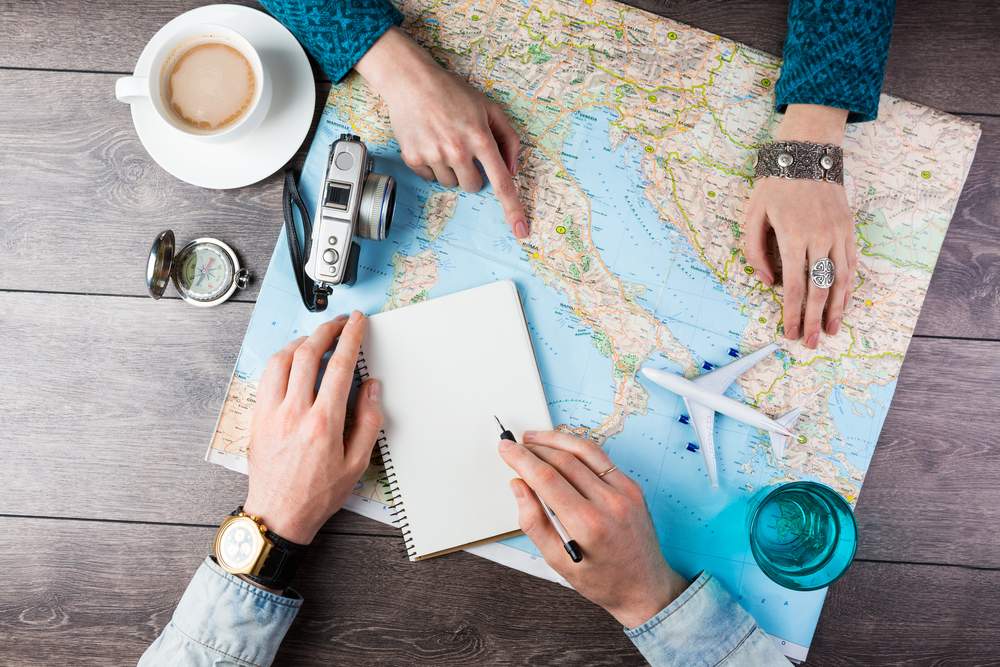
Many guidebooks are the product of one or a handful of writers, meaning that despite their best efforts, the information given and its selection will be to some extent or other subjective. What the writer might very eloquently describe as the most beautiful place on earth may leave you indifferent, and something which the author only mentions in passing may end up being the highlight of your trip.
If in doubt about anything, your best bet is to post on one of several message boards, such as the BootsnAll travel forums or Lonely Planet’s Thorn Tree travel forum. You will be surprised just how many fellow travelers will take the time to answer you and share their own experiences, leaving you spoilt for choice.
Make a local friend

Before visiting a particular country or place, take the time to make a local contact.
Sometimes you might know someone who knows someone and can get you in touch, while on other occasions you might yourself have met and chatted with a local through one of the many social and travel networks available online.
Politely and discretely hint that you are going to visit his country and you might just get an invitation for a day spent together, or if you’re not so intimate, many hints and suggestions as to where to eat, what to see, what is often overlooked by tourists, and what is definitely overrated.
>> Check out six online tools to enrich your travel experiences
Scan the streets for event posters
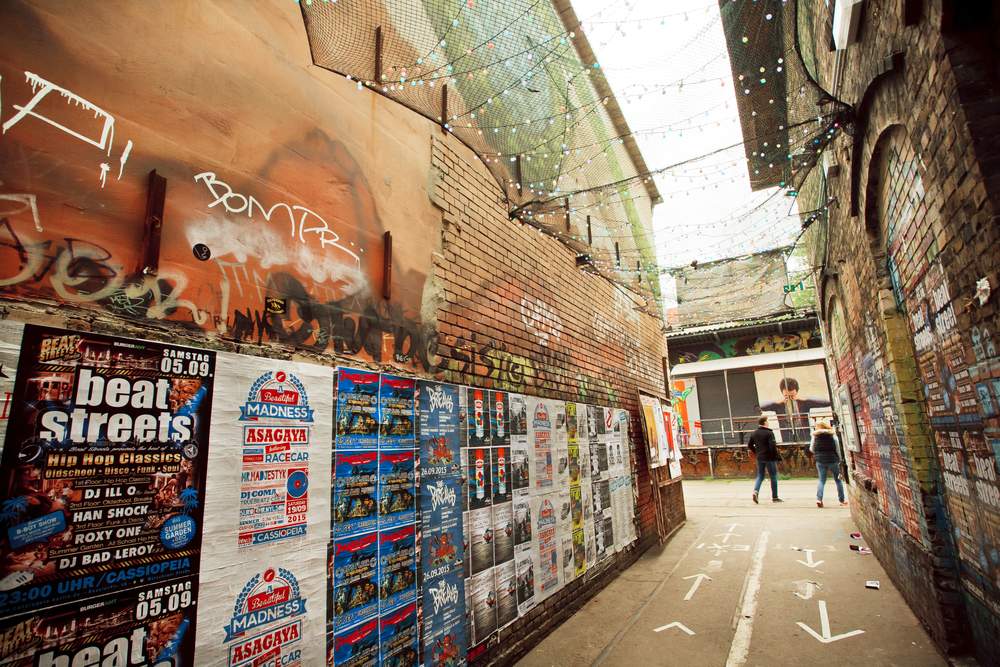
Given the fixed nature of printed guidebooks and the fact that they are only updated every couple of years, they can only provide information about fixed events that occur yearly. They have no way of referring to those unique, once-in-a-lifetime events that may just make for that much desired memorable experience.
“The Big Ben will always be there, but that particular play production will not.”
National holiday parades? New Year’s Eve fireworks? Fine, but how about that dance crew which will come to town only for a week, or that play you’ve always dreamt of seeing? When such events are to be held in a particular location, the streets will be plastered with posters advertising them, so take the time to take a good look at them then next time you find yourself hurrying to your next guidebook attraction. The Big Ben will always be there, but that particular play production will not.
Travel less but for longer, and follow the local crowd
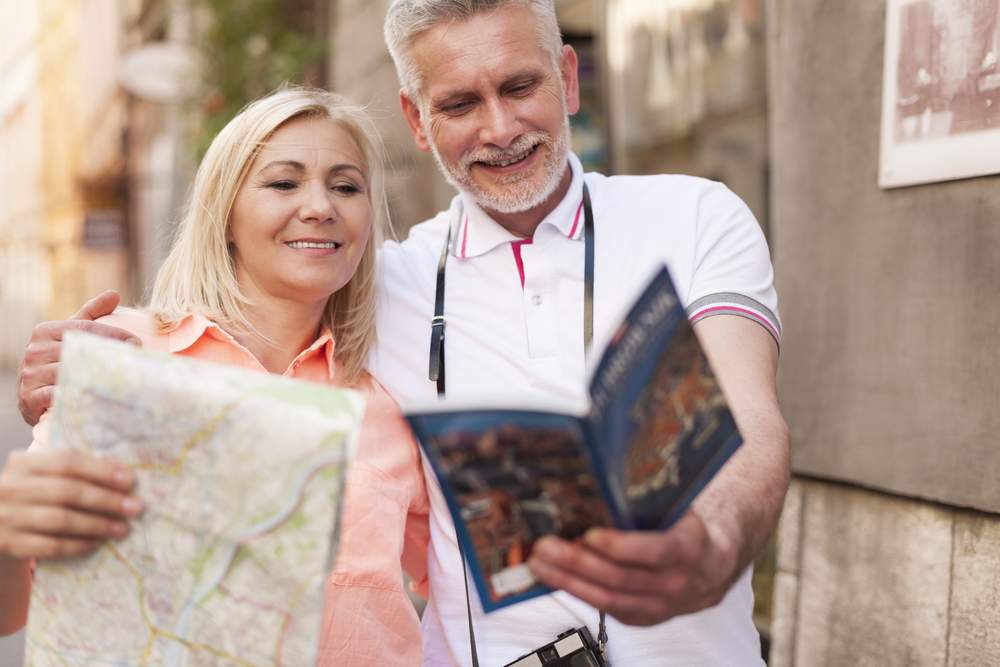
We all know how it feels to want to visit every corner of the world and every place we’ve ever heard of in our childhood geography lessons, but frequent and short trips will never give you enough time to truly get in touch with the essence of a place.
Having to visit numerous places within a short space of time will also make you instinctively reach for the guidebook shelf, as you will feel that you don’t have enough time to thoroughly research the destinations you will be visiting.
“The solution, as painful and obvious as it may sounds, is to visit fewer countries and spend more time in any given one.”
The solution, as painful and obvious as it may sounds, is to visit fewer countries and spend more time in any given one. This will not only give you the luxury to research your own material and ditch the guidebook, but it will also give you more time to do your own, on the spot research.
Do you want to eat at the best but cheapest restaurants? Wander around on a Saturday, find the most crowded eateries, take a look at their menus and prices and then book a table for the following Saturday – something which you can’t do if you’re there only for a couple of days. It doesn’t get more up-to-date than that.
>> Read about more ways to break the traditional travel mold








